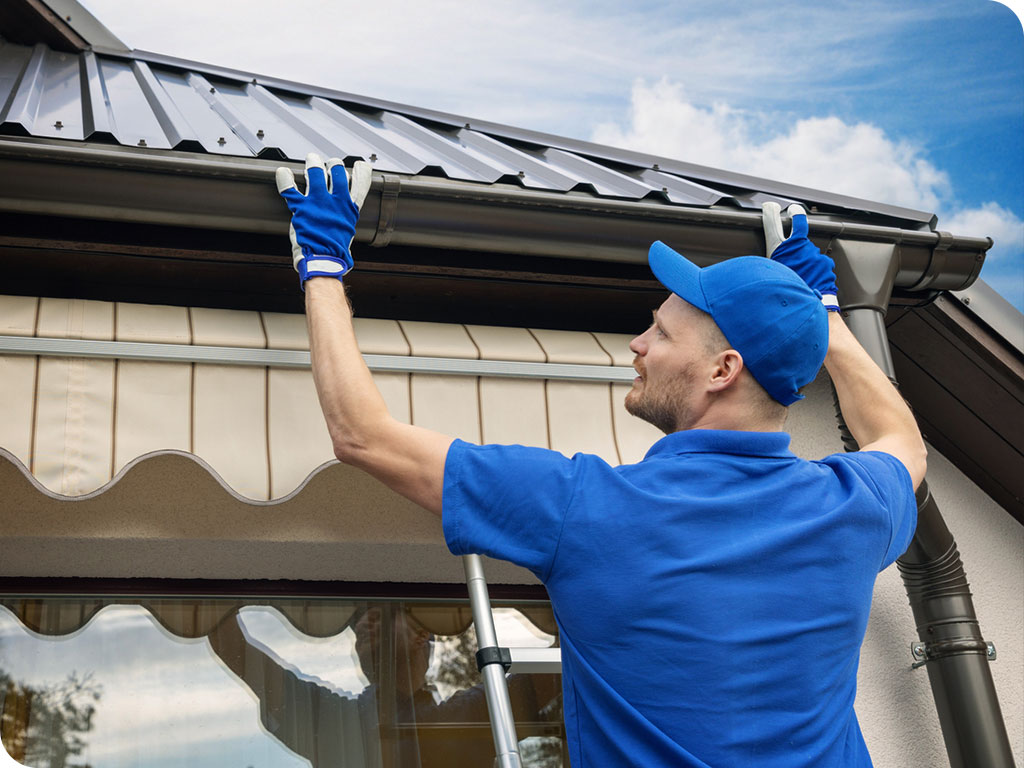Ensuring your roof is ready for solar panel installation is crucial. Age, condition, orientation, shading, and structural integrity require meticulous assessment. A roofing specialist can provide valuable insights, identifying issues affecting the installation process or long-term performance. Before embracing solar energy, a thorough roof inspection with the expertise of a specialist plays a crucial role in the feasibility and effectiveness of installing solar panels. Each component, from structural integrity to sunlight exposure, significantly influences the success of your renewable energy project.
Roof Age and Condition
Assessing the age and condition of the roof is essential in determining its readiness for solar panel installation. A roof nearing the end of its lifespan may require replacement before solar panels can be installed to ensure structural integrity and longevity. Regular roof maintenance is crucial to address any existing issues, such as leaks, damage, or weakened areas, that could impact the installation and performance of solar panels. Prioritizing roof maintenance enhances the roof’s overall condition and provides a solid foundation for the successful integration of solar panels. By evaluating the age and condition of the roof, necessary steps like repairs or replacements can be taken to optimize the efficiency and effectiveness of solar panel installation.
Roof Orientation and Angle
Evaluating the optimal orientation and angle of the roof is crucial in maximizing the energy efficiency and output of solar panel installations. Solar panel efficiency highly depends on sunlight, making the roof’s orientation a critical factor. Roofs ideally oriented towards the south capture the maximum sunlight throughout the day, optimizing energy production. The angle of the roof also plays a significant role in solar panel efficiency. The angle should be set to match the latitude of the installation site to capture the most sunlight. Additionally, considering the roof space usage is essential for determining the number of panels that can be installed and the overall capacity of the solar power system.
Roof Shading Analysis
Conducting a thorough roof shading analysis is essential in determining the potential impact on solar panel efficiency and overall energy production. To evaluate sun exposure and shade impact effectively, consider the following:
- Time of Day: Analyze how shading changes throughout the day to gauge its impact on solar energy absorption.
- Seasonal Variations: Assess how shading alters with seasonal changes to predict long-term energy production.
- Nearby Obstructions: Identify nearby structures, trees, or objects casting shadows on the roof.
- Technology Tools: Utilize solar pathfinder tools or shading analysis software for precise measurements.
Roof Structural Assessment
A thorough examination of the roof’s structural integrity is imperative before installing solar panels to ensure the safety and longevity of the system. A structural integrity assessment involves evaluating the roof’s ability to support the additional weight of solar panels and withstand environmental stressors. Load-bearing capacity evaluation is a crucial aspect of this assessment, determining if the roof can sustain the weight of the solar panel system without compromising its stability. Factors such as roof age, material condition, and existing damage must be considered during this evaluation to prevent potential issues post-installation. By conducting a comprehensive roof structural assessment, homeowners can address any weaknesses or limitations beforehand, ensuring a secure and durable foundation for their solar panel investment.
Roof Inspection Checklist
Before installing solar panels, a meticulous roof inspection checklist is essential to ensure optimal system longevity and performance conditions. To conduct a thorough assessment, consider the following key aspects:
- Weather Protection Assessment: Evaluate the roof’s ability to withstand various weather conditions, such as heavy rain, snow, and strong winds.
- Roofing Materials Evaluation: Inspect the type and condition of roofing materials to determine if they can support the weight of solar panels and endure prolonged exposure to sunlight.
- Structural Integrity Check: Ensure the roof structure is sound and can accommodate the additional load of solar panels without compromising its stability.
- Leak Detection: Look for any signs of leaks or water damage that could affect the solar panel installation and overall roof performance.
